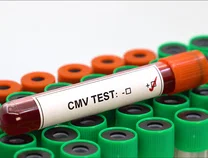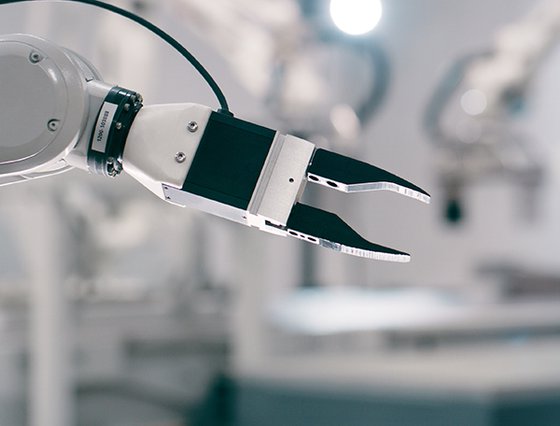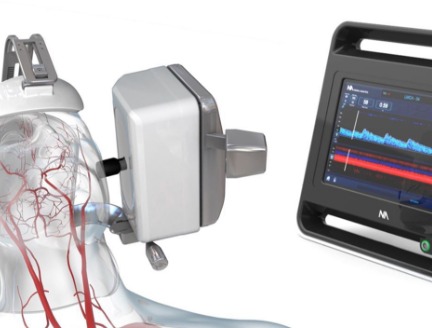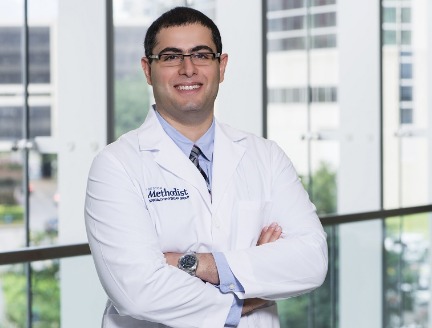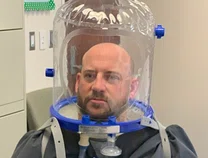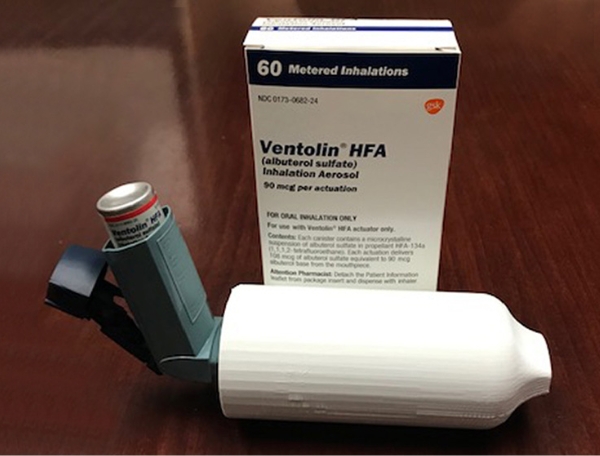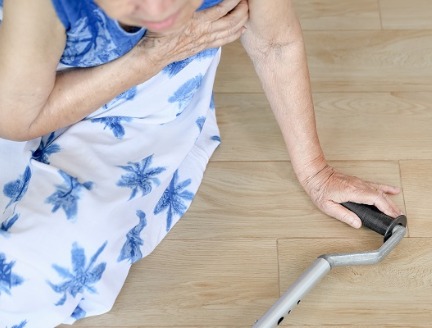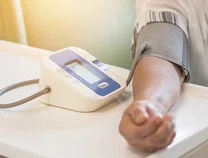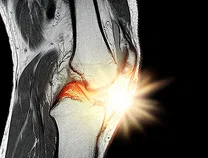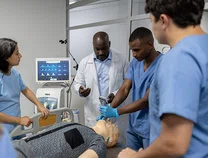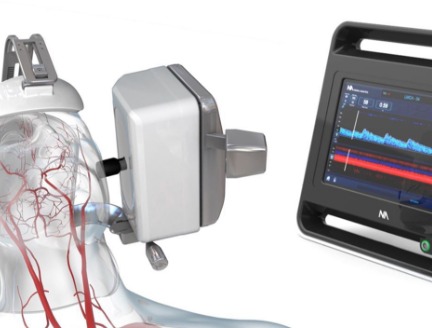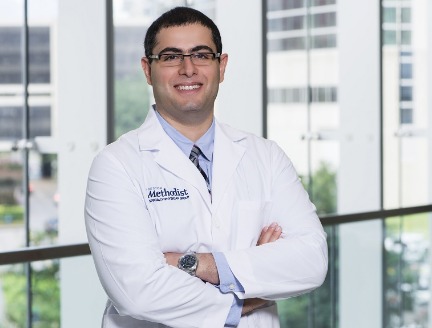


Outcomes Research & Medical Innovation

Read now

Improving Vaccine Design with an AI Booster
CEPI awards $34 million to the Houston Methodist Research Institute-led consortium to use artificial intelligence for the design of vaccines to fight diseases with pandemic potential.

RFID Technology:
The Future of Health Care Asset Management?
Houston Methodist researchers evaluate a novel technology that could improve patient outcomes and hospital cost savings.
Read now

Role of RNA helicase DEAH-box helicase 15 (DHX15) in RNA virus-induced intestinal inflammation
How the enteric virome influences human health and disease is poorly understood. Studies on the RNA helicase DEAH-box helicase 15 (DHX15) reveals its essential role in controlling RNA virus-induced intestinal inflammation.
Read now
SARS-CoV-2 induced chronic oxidative stress and endothelial cell inflammation may increase likelihood of cardiovascular diseases and respiratory failure
SARS-CoV-2 infection might induce chronic oxidative stress and endothelial activation resulting in long-term consequences including several cardiovascular complications - even in recovering COVID-19 patients.
Read now
Transplants can boost survival rate of patients with unresectable liver cancers
Transplant oncology is a growing and rapidly evolving field in cancer therapy. For people with unresectable liver cancer, a Houston Methodist study finds that successful transplants can dramatically improve their 5-year survival rate.
Read now
Thwarting T cells’ fatty acid uptake near tumors may boost immunotherapy efficacy
An upregulation of cell membrane protein CD36 could be why CD8+ T cells consume more fatty acids from tumor microenvironments. As a result, they eventually lose their anti-tumor function. Hence, blocking this receptor could restore T cell action and potentially boost immunotherapies.
Read now
Houston Methodist-developed algorithm may
improve management and outcomes in critically ill COVID-19 patients
A novel clinical decision-making algorithm developed at Houston Methodist has the potential to enhance the safety and quality of life of COVID-19 ICU patients via physical therapy intervention.
Read now
Houston Methodist and Pennsylvania State University Collaborate on a Smartphone App That Could Revolutionize Stroke Diagnosis
A novel smartphone app developed in collaboration with researchers at Pennsylvania State University uses a machine learning algorithm for computer-aided evaluation of facial movement weaknesses and speech in patients to determine the presence of stroke.
Read now

Houston Methodist Researchers Are Developing Mobile Apps to Improve Clinical Outcomes in Patients
Houston Methodist researchers are developing patient-facing apps that will provide the supporting evidence needed to better understand their effectiveness.
Read now

COVID-19 Effects on
College Students
Texas interview study explores COVID-19 effects on college students’ mental health
Practicing Bikram “hot” yoga does not significantly increase yoga’s health benefits
Investigators’ research showed there is little evidence to support these claims.
Bone Health in Elite Dancers
A study by investigators at Houston Methodist into stress fractures among elite, professional ballet dancers
Why are children less susceptible to COVID-19?
Children, in contrast to adults, are known to be highly susceptible to bacterial and viral infections. However, with COVID-19, the reverse appears to be true.
Social factors have role in preventing spread of COVID-19
Social determinants play a factor in whether a person with heart disease adapted the necessary measures to prevent the spread of COVID-19
Understanding Long-Covid: The Clue May Lie in The Gut
A research team led by Sonia Villapol, PhD, is diligently working to understand the phenomenon of ‘long COVID’
Setting the Benchmark for Research on Provider Stress
Wearable technologies provide key to better supporting health care providers under stress
A Learning Healthcare System Takes on COVID-19
CURATOR offers an informatics driven approach to evidence synthesis
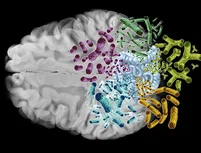
Read now

Gut Microbiota as a Therapeutic Target
Houston Methodist researchers are modulating the gut microbiome dysbiosis to reduce neuroinflammation and find therapeutic solutions for neurodegenerative diseases.

A New Spark in Cancer Therapy
A platinum-based nanodrug may outshine traditional chemotherapy.
Read now


Women with Atherosclerotic Cardiovascular Diseases are at a Higher Risk than Men
Houston Methodist researchers performed one of the largest studies of nearly 1 million patients suffering from atherosclerotic cardiovascular diseases to find significant gender dissimilarities in statin utilization.
Read now


Laparotomy Superior To Minimally Invasive Radical Hysterectomies
Final analysis from a 2018 prospective randomized clinical trial was published in 2024. The trial compared the overall survival between open and minimally invasive radical hysterectomy for treating early-stage cervical cancer and revealed that an open approach should be the standard of care.
Read now


Clean Air and Green Space is Nature's Prescriiption
Studies to identify which neighborhoods correlate with higher risks of heart disease, aiming to tailor medical care more personally to each patient's living conditions.
Read now


Obesity Linked to Pelvic Organ Prolapse Recurrence, Mesh Complications
A systematic review and meta-analysis of 31 peer-reviewed articles revealed an increased likelihood of pelvic organ prolapse (POP) recurrence and mesh complications after repair from all surgical approaches.
Read now


A First Line of Treatment
Endoscopic interventions are efficacious in treating gastric band erosion.
Read now


Keto and Cholesterol:
A Fat-Burning Paradox
While diet plans come and go, low-carbohydrate, high-fat, ketogenic “keto” diets have retained their staying power for more than 20 years. But does following a diet centered on consuming foods high in fats such as meats, eggs, and oils raise heart disease risk?
Read now

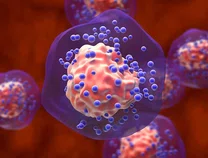
Something Positive for Triple-Negative
A new preclinical model of triple-negative breast cancer will facilitate the rational design of targeted neoadjuvant candidates and increase the success of future clinical trials.
Read now


When Good Cholesterol Goes Bad
Study finds link between “good” cholesterol and an increased risk of cardiovascular disease.
Read now

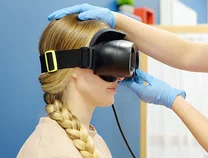
Researchers Investigate Mechanics of Shingles-Associated Condition
In severe cases, the shingles virus can cause facial paralysis, dizziness and hearing loss. Known as Ramsay-Hunt Syndrome (RHS), this condition is rare and poorly understood. Thus, Jeffrey T. Vrabec, MD, Professor of Otolaryngology, designed a retrospective study to investigate the true impact of vestibular impairment in RHS patients and the outcome of videonystagmography treatment.
Read now


Read now

Improving Vaccine Design with an AI Booster
CEPI awards $34 million to the Houston Methodist Research Institute-led consortium to use artificial intelligence for the design of vaccines to fight diseases with pandemic potential.

RFID Technology:
The Future of Health Care Asset Management?
Houston Methodist researchers evaluate a novel technology that could improve patient outcomes and hospital cost savings.
Read now

Role of RNA helicase DEAH-box helicase 15 (DHX15) in RNA virus-induced intestinal inflammation
How the enteric virome influences human health and disease is poorly understood. Studies on the RNA helicase DEAH-box helicase 15 (DHX15) reveals its essential role in controlling RNA virus-induced intestinal inflammation.
Read now
SARS-CoV-2 induced chronic oxidative stress and endothelial cell inflammation may increase likelihood of cardiovascular diseases and respiratory failure
SARS-CoV-2 infection might induce chronic oxidative stress and endothelial activation resulting in long-term consequences including several cardiovascular complications - even in recovering COVID-19 patients.
Read now
Transplants can boost survival rate of patients with unresectable liver cancers
Transplant oncology is a growing and rapidly evolving field in cancer therapy. For people with unresectable liver cancer, a Houston Methodist study finds that successful transplants can dramatically improve their 5-year survival rate.
Read now
Thwarting T cells’ fatty acid uptake near tumors may boost immunotherapy efficacy
An upregulation of cell membrane protein CD36 could be why CD8+ T cells consume more fatty acids from tumor microenvironments. As a result, they eventually lose their anti-tumor function. Hence, blocking this receptor could restore T cell action and potentially boost immunotherapies.
Read now
Houston Methodist-developed algorithm may
improve management and outcomes in critically ill COVID-19 patients
A novel clinical decision-making algorithm developed at Houston Methodist has the potential to enhance the safety and quality of life of COVID-19 ICU patients via physical therapy intervention.
Read now
Houston Methodist and Pennsylvania State University Collaborate on a Smartphone App That Could Revolutionize Stroke Diagnosis
A novel smartphone app developed in collaboration with researchers at Pennsylvania State University uses a machine learning algorithm for computer-aided evaluation of facial movement weaknesses and speech in patients to determine the presence of stroke.
Read now

Houston Methodist Researchers Are Developing Mobile Apps to Improve Clinical Outcomes in Patients
Houston Methodist researchers are developing patient-facing apps that will provide the supporting evidence needed to better understand their effectiveness.
Read now

COVID-19 Effects on
College Students
Texas interview study explores COVID-19 effects on college students’ mental health
Practicing Bikram “hot” yoga does not significantly increase yoga’s health benefits
Investigators’ research showed there is little evidence to support these claims.
Bone Health in Elite Dancers
A study by investigators at Houston Methodist into stress fractures among elite, professional ballet dancers
Why are children less susceptible to COVID-19?
Children, in contrast to adults, are known to be highly susceptible to bacterial and viral infections. However, with COVID-19, the reverse appears to be true.
Social factors have role in preventing spread of COVID-19
Social determinants play a factor in whether a person with heart disease adapted the necessary measures to prevent the spread of COVID-19
Understanding Long-Covid: The Clue May Lie in The Gut
A research team led by Sonia Villapol, PhD, is diligently working to understand the phenomenon of ‘long COVID’
Setting the Benchmark for Research on Provider Stress
Wearable technologies provide key to better supporting health care providers under stress
A Learning Healthcare System Takes on COVID-19
CURATOR offers an informatics driven approach to evidence synthesis







